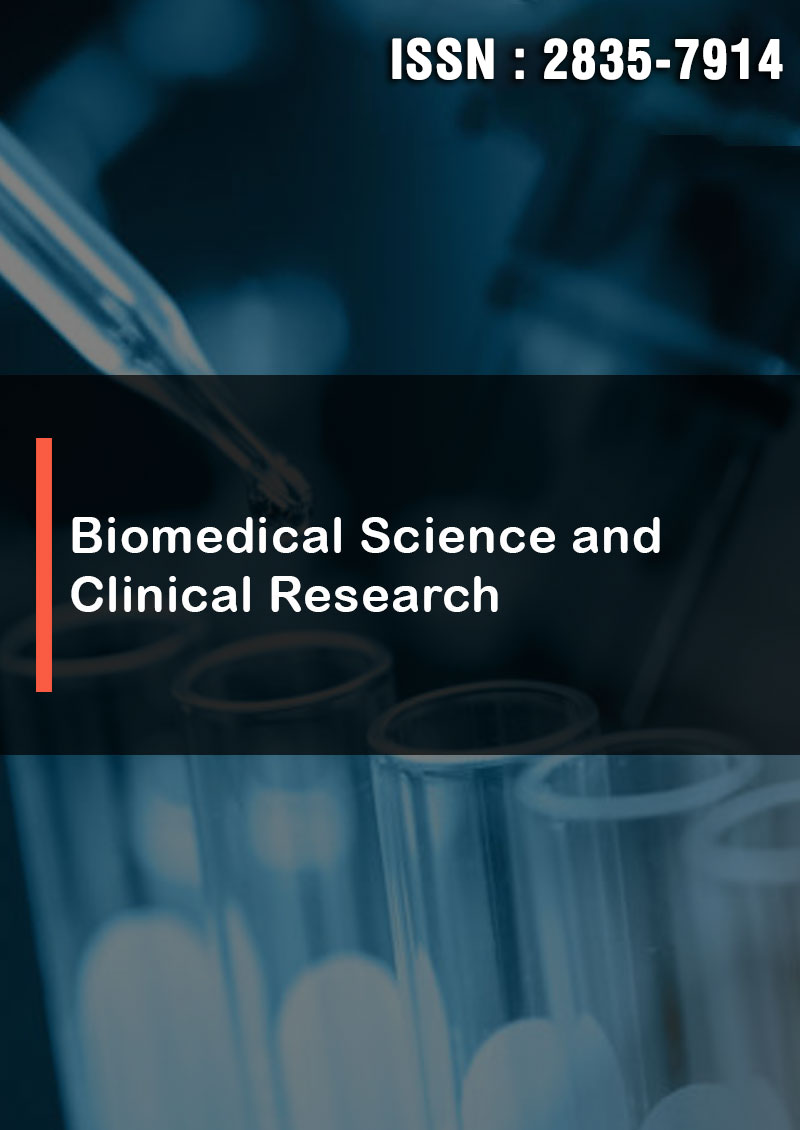The Mechanism of Interaction of Natural Physical Factors and the Integral Organism Forms the Basis of the General Theory of Physiotherapy
Abstract
Vladimir Dodtievich Bitsoev
Optimal combination of drug therapy and physical factors increases the efficacy of treatment and medical rehabilita- tion of patients. It is regrettable that the search for methods to improve the individual dosing of the applied energies with an approach to the cellular level of dynamicity (constant correction of parameters of the applied physical factors during the whole period of the treatment) and comprehensive (in the presence of several diseases) treatment are clearly insufficient for the present time. Perhaps such a search is difficult due to the current lack of a general theory of physio- therapy and imperfect classification of physical factors. Thus, it became necessary to develop principles and methods for a comprehensive study of the effects produced by the physical methods in a clinical setting, and the requirements for testing new devices for physiotherapy sharply increased. The author of this doctrine was an outstanding scientist Vladimir Sergeyevich Ulashchik. In his opinion, the creation of a general theory of physiotherapy is one of the promis- ing tasks of the scientific physiotherapy.
It is known that since the end of the XIX century, the principles of nervism and reflex theory have been the theoretical basis of domestic physiotherapy. Influence of humoral and endocrine changes was further added to the reflex theory of the mechanism of the therapeutic effect of the external environment (natural and preformed physical factors), but still with the leading principle of nervism.
It should be noted that there have always been doubts about the exhaustive explanation of the reflex theory of all causes and consequences of the interaction of external physical factors with the human body.



